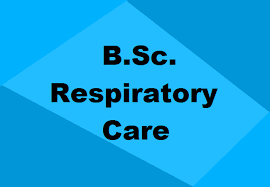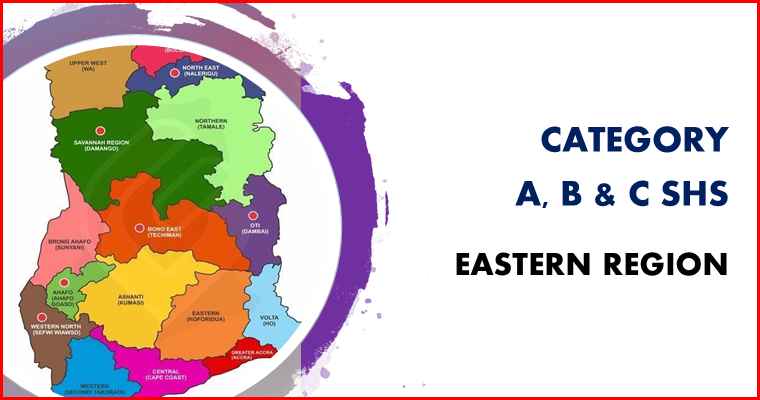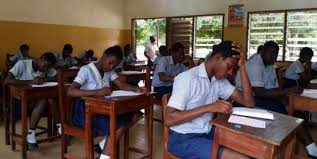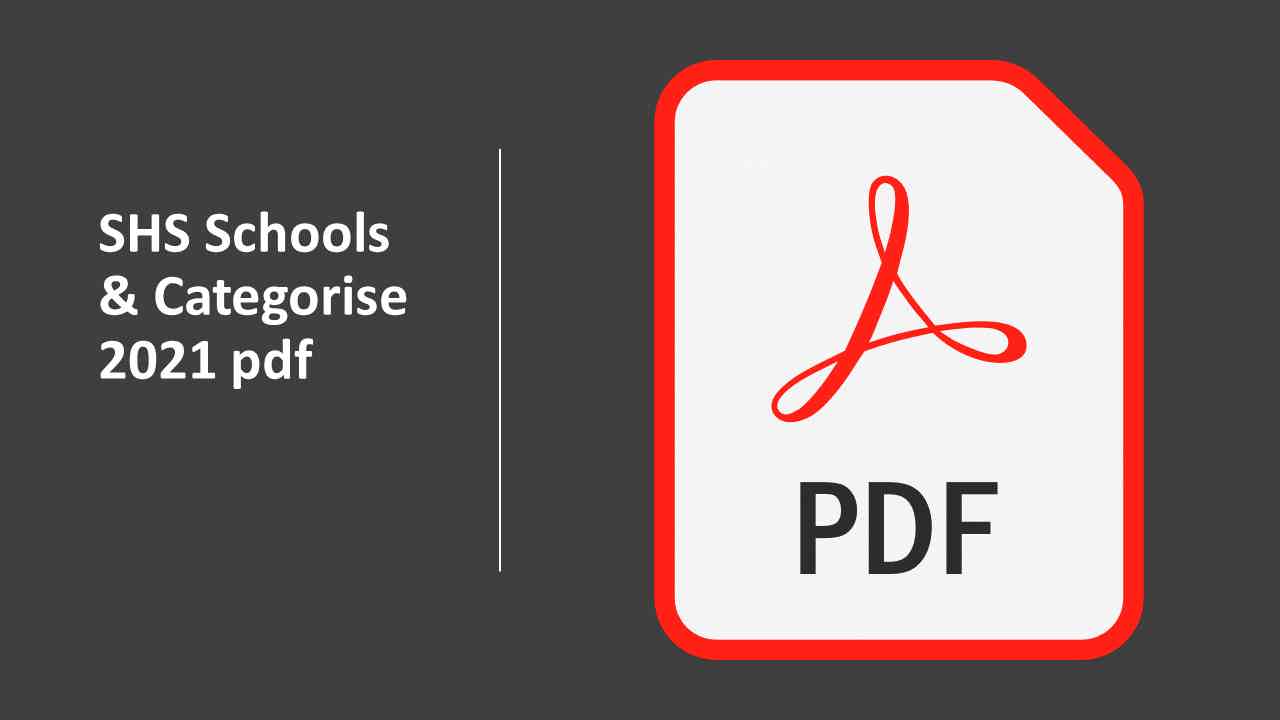OVERVIEW
Respiratory Therapy is an allied health profession devoted to the scientific application of technology in order to assist in the diagnosis, treatment, management and care of patients with cardiopulmonary and associated disorders. In the hospital setting, the respiratory therapist provides care and life support to patients in the emergency room, intensive care units, general hospital areas, and other specialty areas such as rehabilitation.
They also provide emergency care to patients suffering from heart attacks, drowning or shock. They may be employed in non- hospital environments as well. Patients receiving care from a respiratory therapist range in age from the premature infant to geriatrics. The respiratory therapist is also involved in the diagnostic testing of infants, children and adults with underlying medical concerns including disease and sleep disorders.
AIMS AND OBJECTIVES
• Develop students’ analytical thinking, problem solving, interpersonal and communication skills.
• Develop students’ in the ability to apply strategies, standards and ethical considerations to manage issues of certified respiratory therapy practice in diverse healthcare settings to achieve the following:
• Interviewing and examining patients regarding their respiratory ailments
• Diagnosing respiratory ailments and testing patients lungs capacities
• Analysing the levels of oxygen and other gases in patients’ blood
• Clearing patients airways of physical obstructions
• Educating patients on lung health and disease prevention
• Providing emergency resuscitation in cases of ceased breathing
• Instructing patients on the use of inhalers and other respiratory tools
INDUSTRY/GLOBAL TRENDS
With global appreciation of services of respiratory therapists, these professionals no longer work only in the acute care hospitals but may now be found in environments such as:
• Nursing Homes
• Outpatient Care Centres
• Surgical Hospitals
• Specialty Hospitals and Clinics
• Sleep Disorder Clinics
• Patient Transport/Ambulance Services
ASSESSMENT
Students will be assessed on the basis of completed assignments, examinations, workplace learning and projects or other methods as outlined in specific subject outlines.
TUITION METHODS
Class discussion, Note dictation, Practical Sessions
CAREER PROSPECTS
Graduates in respiratory therapy work in a range of healthcare settings including general hospitals, specialist hospitals and paramedical systems.








